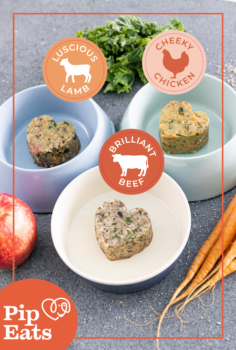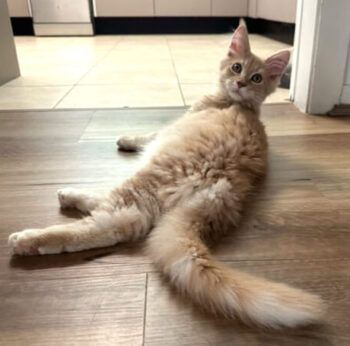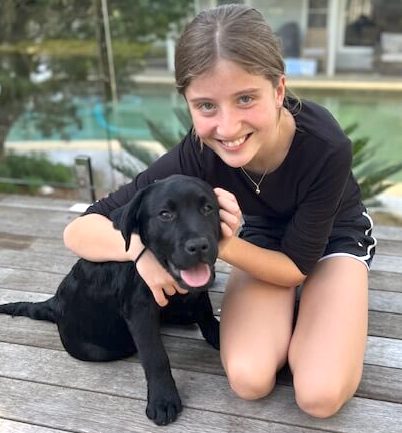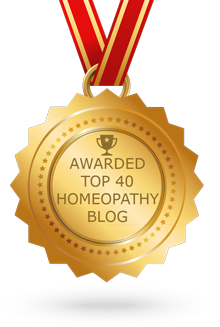Why are we a nation of pet lovers?
There are said to be around 25 million pets in Australia. That’s 40% of households owning a pet of some-kind, from a snail farm in an urban apartment to horses in rolling fields.
More and more dogs are being used for therapy relief in schools and nursing homes. Not just for their calming presence, but also their incredible skills in detecting the imminent attack of a medical episode. It has even been found that therapy dogs can be trained to detect diseases such as diabetes and cancer.
There is archaeological evidence of domesticated dogs going as far back as 30,000 years ago in Europe. It was 9,000 years ago when cats were thought to have been domesticated in ancient Egypt. They rose in status from rat killers, to pets, to gods.
The health benefits of pets
It’s clear, for good reason, the companionship of pets has been an integral part of human society for a very long time.
This is partly due to the many health benefits of owning a pet. For a start, we are more likely to exercise, get outside, and socialise. Regular walking or playing with pets has been known to decrease blood pressure, cholesterol levels, and triglyceride levels (fats circulating in the bloodstream).
From an emotional perspective, interacting with animals has been shown to decrease levels of cortisol (a stress-related hormone). One small study, published in October 2017 in Frontiers in Psychology, found that petting dogs was linked with higher levels of the feel-good hormone oxytocin. In doing so, pets can help manage loneliness and depression by giving us companionship. Even watching fish swim can result in a feeling of calmness.
It’s not just dogs putting in the hard yards, one of the studies found that children with autism spectrum disorder were calmer while playing with guinea pigs in the classroom. When the children spent 10 minutes in a supervised group playtime with guinea pigs, their anxiety levels dropped. The children also had better social interactions and were more engaged with their peers. The researchers suggest that the animals offered unconditional acceptance, making them a calm comfort to the children.
Another recent study showed that caring for fish helped teens with diabetes better manage their disease. Researchers had a group of teens with type 1 diabetes care for a pet fish twice a day by feeding and checking water levels. The care-taking routine also included changing the tank water each week. This was paired with the children reviewing their blood glucose (blood sugar) logs with parents. Thus improving their reliability in monitoring their own health status.
How do we look after our pets at HHC?
At Harbord Homeopathic Clinic our practitioners and receptionists are passionate about their own pets. There are many ways to give back to your pets for the benefits they give us. Here are some of the ways we keep our pets healthy. Whether it be the best pet food they can eat or the natural remedies they need every now and then.
Receptionist, Joanne has a black Labrador called Maverick. His favourite little treats are fruit or vegetable ice cubes (adding little pieces of carrot or some berries to the water in an ice-cube tray and freezing them). Joanne finds this good for teething, to relieve the pain and when the weather gets warm to help cool him down.
Another little treat is Bok Choy, to distract him from eating grass as it has the same texture.
Practitioner, Linlee Jordan, has been adopted by “Henny” (short for Hendrix). He is an outrageously handsome Ragdoll Cat. Linlee’s household goes out of their way not to feed him anything! Why? “It’s so that we are not entirely accused of being cat smugglers (despite the fact that he spends most of his time at our place, he belongs to the next-door neighbours.)” What a cat!
Receptionist Kate has Monkey. Who is actually a beautiful DSH cat. Kate says, “We never give the cat milk or dairy of any description.” Despite those cartoon images of cats drinking milk, most cats are actually lactose intolerant as they don’t have the enzyme (lactase) in their intestines to digest the sugar in milk (lactose), causing digestive problems such as diarrhoea.
She does however get to enjoy Cat grass, bought from the nursery. Lucky cat!
As well as this, she has chlorophyll, which seems to be good for her breath, digestion and immunity…and for fibre to help with fur-balls.
Kate also has 4 month old Sesame, a Maine Coon. Kate says “We exclusively raw feed him with no dry food at all…that means using any raw, human grade muscle meat with a ‘completer’ mixed into it (we use Raw Meow Mix) which contains organ, bone, vitamins minerals etc. that he needs for a complete diet.”

Mel Owen-Browne who has two mini dachshunds, Mazy and Myrtle, has just bought a new “licky mat”. She adds a bone marrow paste to this and a calming animal peanut butter. They also love raw carrots cut into little pieces as treats. Anything to keep them quiet/occupied/calm at home.
Their main meal however, is raw food Pip Eats – little heart shaped patties, totally nutritionally balanced (specially designed for little dogs) and sourced locally on the Northern Beaches.
Practitioner Penny Barron, has Sid, a rescue Kelpie. He’s very charming and absolutely loves his food. In fact, the way to his heart is via his food.

Homeopathy for pets at the clinic
As well as treats and only the best foods, as practitioners and receptionists (who also have a myriad of natural health qualifications), we like to support our pets with homeopathy where possible.
Linlee Jordan’s Guinea Pig
Years ago, we had a guinea pig called Car Alarm! As you can imagine by her name, Car Alarm had the propensity to make alarming high-pitched sounds. In the past we had given Stramonium which made no difference to her distress noises. Then one day she was dropped from a height onto concrete. Lots of family guilt feelings. Of course, we gave her Arnica after her fall. She really seemed to benefit from the Arnica short term and long term to our great joy she never squealed as much again.
Kate’s take on Homeopathy for Sesame
Sesame, the gorgeous Main CoonKate hasn’t needed any homeopathy yet but will be using Mel’s Q Pet Range for an upset tummy or any other acute symptoms if that arises and will use homeopathy for worming him as well.

Sesame the lovely main coon cat
Mel Owen-Browne’s Miniature Dachshunds and Homeopathy
Mazy has recently undergone back surgery so she was taking a homeopathy surgery mix of arnica, calendula and hypericum. She is now taking bone and nervous system support tissue salts: Calc-phos, Calc-Fluor, Kali-phos. These are for general healing and strength.
Myrtle is currently taking Stramonium. This is for post birth trauma and doggy terror. She’s a very nervous little dog. She also has Q Rescue in her water bowl.
They both have Q Tick in their water bowl during tick season.
Penny Barron’s 11 year old rescue Kelpie, Sid. A Mange homeopathy treatment plan
Last year when all the rain happened, he somehow caught mange. Penny’s not sure how, but they have a lot of animals coming into their yard at home and he likes burying himself in the garden. The lesions started on the right side and then moved to the left. Penny first realised something was wrong when she noticed a little bit of blood on his back right paw, and when she went to check, noticed that his hair was falling out around the lesion, with a lot of crustiness. After further examination, other lesions were appearing around his right ear as well as further down on his body, all on the right side. There was a small lesion beginning on his left front paw as well. Sid was itching constantly and was very stirred up. He wanted constant cuddles and affection, which was difficult given the revolting thought of his skin.

Sid, the biggest sook in the world
Supporting pets with Homeopathy
It’s not unusual to have our clients make appointments about their pets. There are plenty of veterinarian website suggesting homeopathy for pets. Stating, homeopathic remedies are completely natural and safe for the majority of humans and pets alike.
Homeopathy for pets has had proven results in an extensive range of pet chronic and acute conditions including:
- Homeopathic remedies for digestive issues and endocrine diseases
- Homeopathy for skin conditions and fleas
- Heart and kidney diseases
- Bone disorders and homeopathic treatment for joint pain in pets
- Ears, eyes, nose and mouth problems
- Immune system disorders and treating allergies with homeopathy
- Homeopathic treatments for respiratory problems in pets
- Mood and homeopathy for behavioral problems in pets
- Using homeopathy for anxiety in pets
- Reproductive system problems
- Viruses and acute infections
- Healing and recovery holistic approach for pet health
Homeopathy books for pets
In our online book store, we have a range of homeopathy books for pets, and also dietary support for pets.




